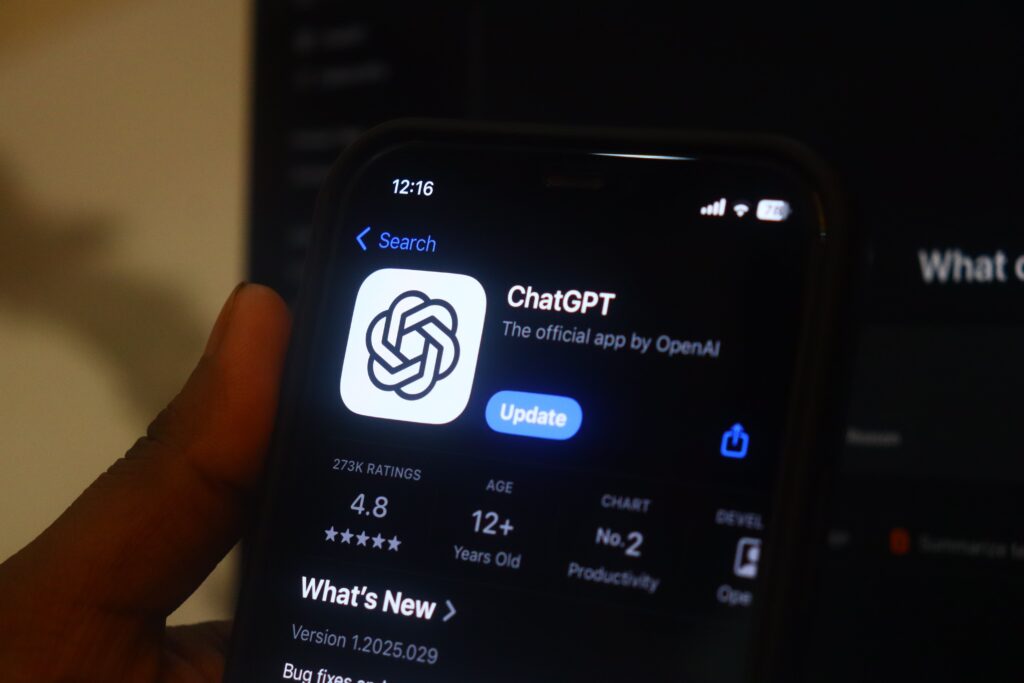OpenAI has finalized its transformation into a for-profit company. The shift aims to attract massive investment and could set the stage for a future stock market debut.
Microsoft redefines its partnership with OpenAI
As part of the restructuring, OpenAI and Microsoft have updated their long-standing partnership. Microsoft now holds a 27% stake in the ChatGPT developer. This marks a major change in their relationship, which began in 2019 when OpenAI was still a non-profit AI research group.
Under the revised deal, Microsoft can now pursue artificial general intelligence (AGI) either independently or with other partners. AGI is typically defined as a type of intelligence that surpasses human abilities. OpenAI said it will form a panel of experts to verify any claim that it has reached AGI.
When asked for details, the company declined to reveal who will sit on the panel.
Altman’s role changes as Microsoft gains ground
Microsoft will continue to support OpenAI’s board during its shift to a profit-driven structure. The company confirmed that CEO Sam Altman will not hold an equity stake. Bloomberg was the first to report this.
When the partnership began, Microsoft gained rights to much of OpenAI’s research and technology. At that time, OpenAI relied heavily on Microsoft’s cloud computing power. Since then, the company has struck several deals with other tech giants, sparking talk of a growing AI bubble.
The new agreement extends Microsoft’s rights to OpenAI’s AI models until 2032 but excludes consumer hardware.
Following the announcement, Microsoft’s market capitalization surpassed $4 trillion for the second time. It first hit that milestone in July, joining Nvidia as one of only two publicly traded companies to do so.
OpenAI’s explosive growth in the AI market
OpenAI revolutionized artificial intelligence in 2022 with the launch of ChatGPT. The chatbot quickly brought AI technology to millions of users worldwide.
At OpenAI’s DevDay event in San Francisco this month, Sam Altman announced that ChatGPT now has 800 million weekly active users. Valued at $500 billion, the company continues to expand its product range.
Among its latest innovations are ChatGPT Atlas, an AI-powered browser competing with Google Chrome, and Sora, a video generation tool capable of producing lifelike videos from text prompts.
Controversy surrounds OpenAI’s expansion
Despite its success, OpenAI often faces backlash. Last week, the company blocked Sora 2 from generating deepfake videos of Dr. Martin Luther King Jr. after his family intervened.
It also announced that verified adult users would soon be able to access erotica through ChatGPT, sparking public debate.
Critics claim OpenAI underestimates the mental health impact of its technology and accuse the firm of prioritizing profits over responsibility. They say the company has introduced too few safeguards as it expands its AI tools.
Even with these challenges, OpenAI’s transformation marks a defining moment for the tech world, signaling a new era of competition, innovation, and profit in artificial intelligence.


